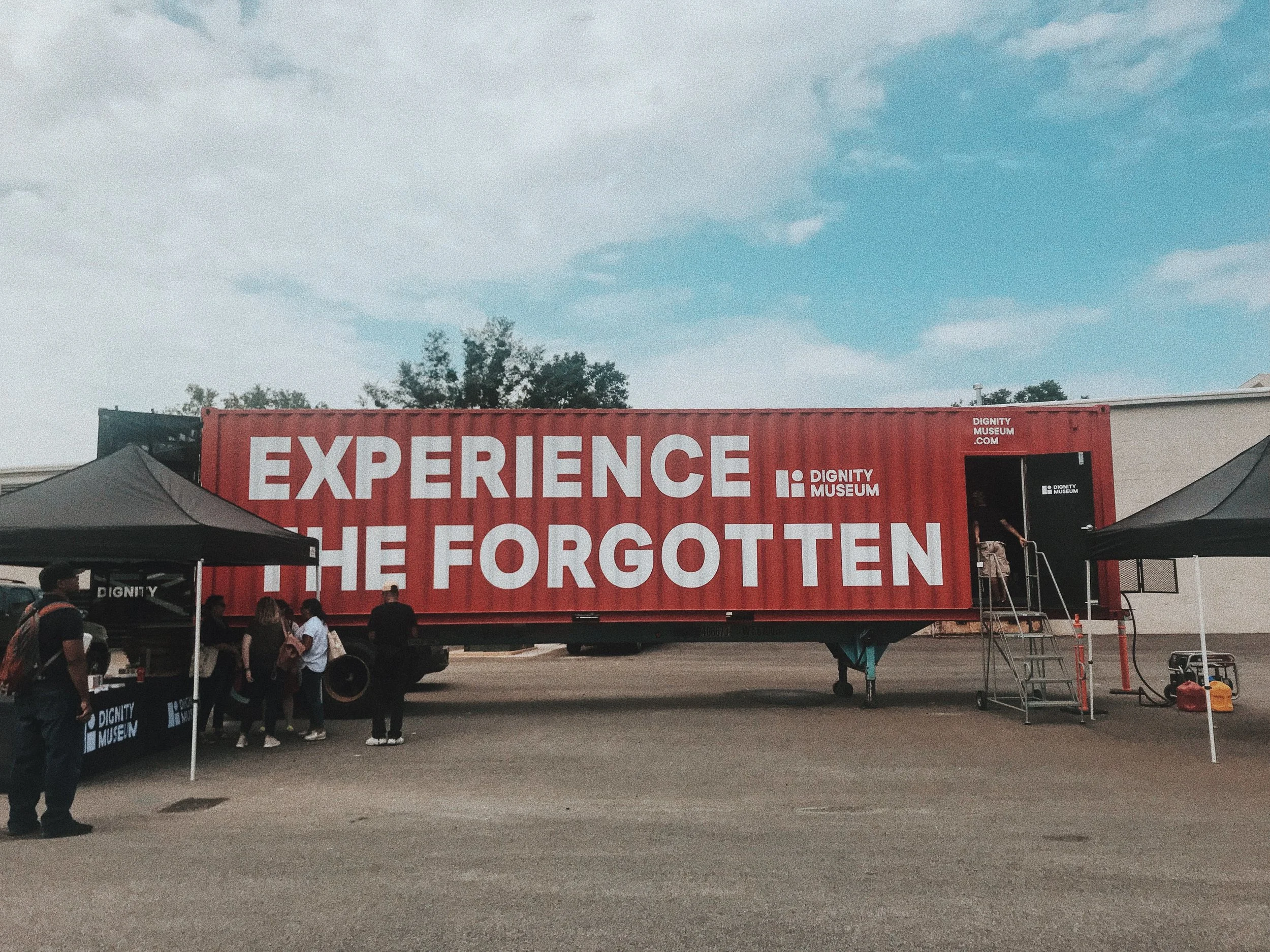If you want to tell stories that feel more alive, remember: life is messy
You probably shouldn’t expect binge watching a series in one week to make you feel more human, more vulnerable, and more in awe of being alive.
But I suppose there are some exceptions.
I was pretty late to the party when it comes to getting into The Pitt, the emergency room medical drama that plays out in real time, a la 24.
Of course, I heard plenty of good things about it. Deep characters. Plotlines that actually provoke conversations about important social issues, but in a non-preachy way.
And when I finally got started, all of that rang true. I couldn’t look away. Except for the handful of times where I had to look away. That show doesn’t spare much in terms of gnarly incisions and open wounds.
Anyways, I made it through all fifteen episodes, each representing another hour on the job for its characters. And safe to say, by the end of it, I felt stuff.
Of course, it wasn’t that easy to put into words what I was thinking or feeling. Now that some time has passed, I suspect that’s because the sentiments were so paradoxical.
Like… the wide open showcase of blood and guts and all the calamities that can afflict the human body was quite the reminder that our bodies are squishy meat sacks. Maybe we shouldn’t act so invincible all the time.
That said, those squishy bodies can also be incredibly resilient. It’s miraculous what can be done via medicine and the intervention of professionals who know what they’re doing.
And yet, sometimes all that isn’t enough. Bodies are simultaneously vulnerable and resilient, and ultimately mortal.
That’s just one of the many contrasts The Pitt indulges.
It also successfully manages to get you to root for its characters while showing their prickly sides. And the characters who seem to have the most expertise and mastery in one area of life are often barely keeping it together in another.
Now that I think of it, so many of my favorite episodes, movies, books, and albums are favorites because they contain that sort of contrast.
I often point to the funeral episode of Ted Lasso as my favorite in the series, because of how quickly it can pivot from silly to sentimental. I mean, they even managed to make a tearjerker scene out of the friggen Rick-roll song.
As The Eleventh Doctor says in the Vincent Van Gogh episode of Doctor Who (wait, that’s another good example!), “Most lives are a pile of good and bad. The good doesn’t take away from the bad, but the opposite is true.”
These examples stand out to me because their silly scenes are hilarious, their tragic parts truly are devastating, and having them side-by-side works. That contrast doesn’t feel inappropriate. No. Instead it feels true to what the actual experience of life is like.
Sometimes on a totally dark day, a kid who’s too young to grasp its gravity will say something ridiculous you can’t help but honor with a laugh.
Sometimes on one of your happiest days, there’s a tinge of sadness because of someone who should’ve been there.
Human stories are full of contrast.
Actual life is full of contrasts.
And that grants them a level of emotional honesty that resonates.
Here’s a short and certainly incomplete list of adjectives that feel very human to me. Whenever a story reflects these attributes, it just feels deeply true:
Human Experiences
Embodied
Messy
Demanding
Self-Contradictory
Shared
Let me unpack that a bit.
Whenever I say that human experiences are embodied, I often think of good improv coaches who remind us to get back in our bodies. I think of running and those reminders that we get to experience all that we experience because of these skin-wrapped meat vehicles. I think of how bruises and scars tell stories.
Whenever I say that human experiences are messy, I think of how deep relationships aren’t possible without the understanding that you’ll inevitably step on each other’s toes at some point and it’ll hurt. I think of how the world won’t always fit into the neat frameworks you were handed as a kid, or even the ones you developed at 20.
When I say that human experiences are demanding, I think of how it’s inevitable that every person will at some point have to walk through a season of struggle. I think of how much more tender we’d probably be with each other if we actually knew the weights others had to carry. We’d probably have so much more admiration for each other.
When I say human experiences are self-contradictory, well… it’s pretty much what I just described. There are at least three hospitals I pass on my daily commute to my kids’ preschool. When I pass them, I often think about how inside, there are a bunch of people having a bad day. There are a handful of people having their worst day. And there are also a fair number of people having their best day. News about remission. Unexpected breakthroughs. The labor and delivery floor. Life be like that.
And when I say they’re shared… I mean that all this is a lot. Nobody should carry it on their own. It’s as if we weren’t meant to.
Yes, modern living has us quite isolated. But I think deep down we recognize that we’re wired to need each other.
It’s easy to fall for counterfeit versions of the human experience. Hedonistic delights can pass for embodiment. Life is messy but it doesn’t have to be crude. There’s a difference between a paradoxical life and an inconsistent one.
But in a world currently driven by algorithmic dopamine hits, I think it makes the real versions of these things that much more satisfying.
We’re ready for more human stories.







